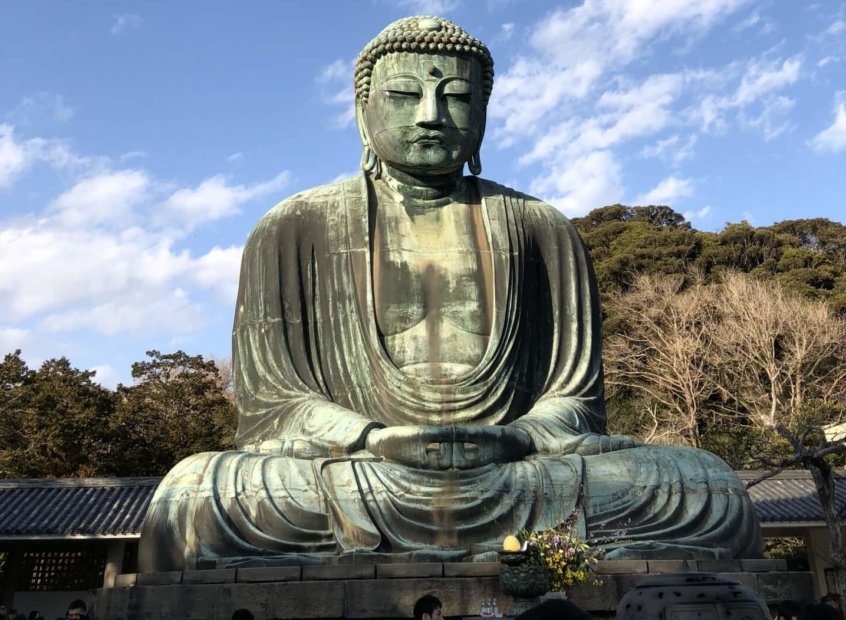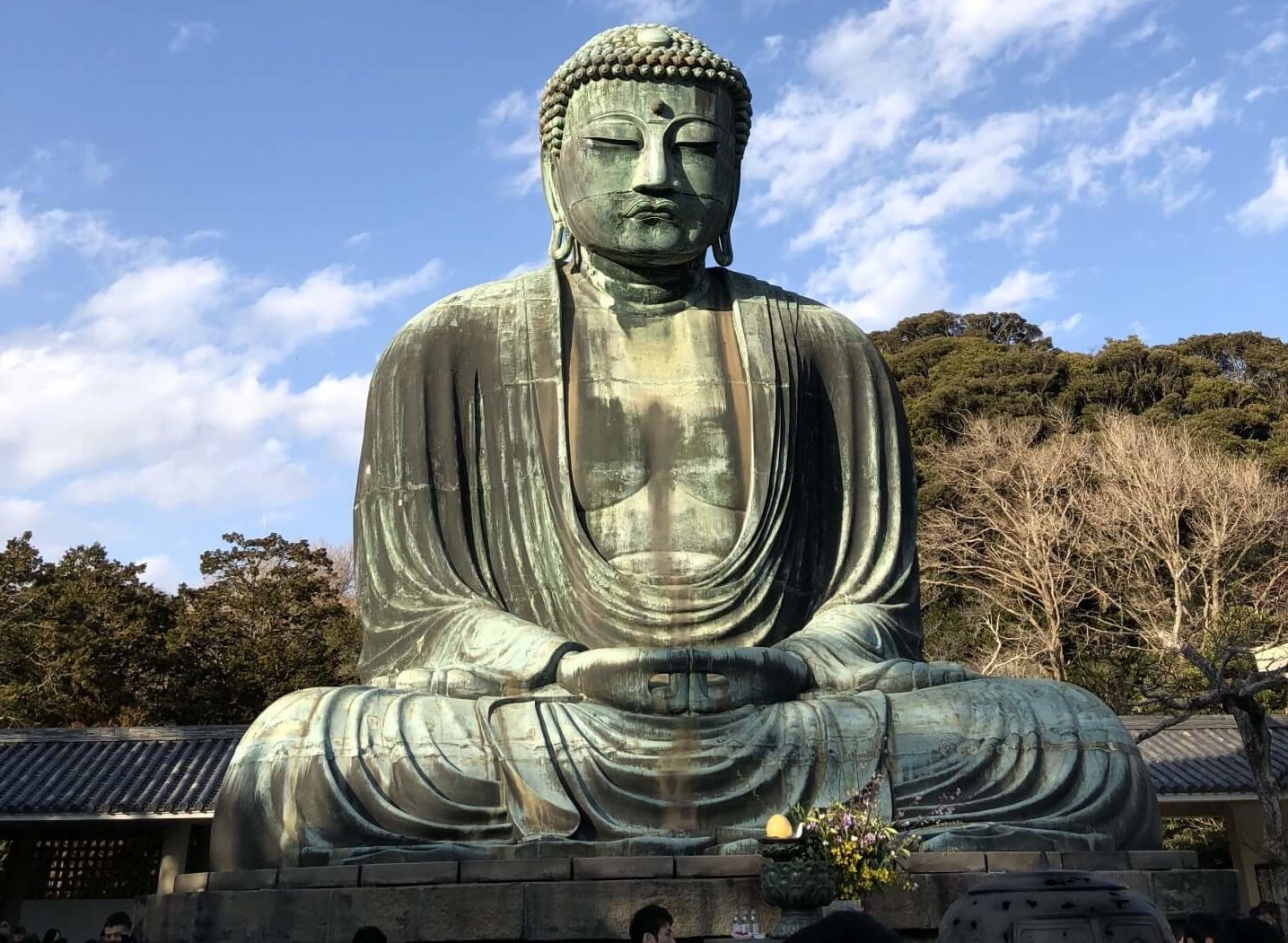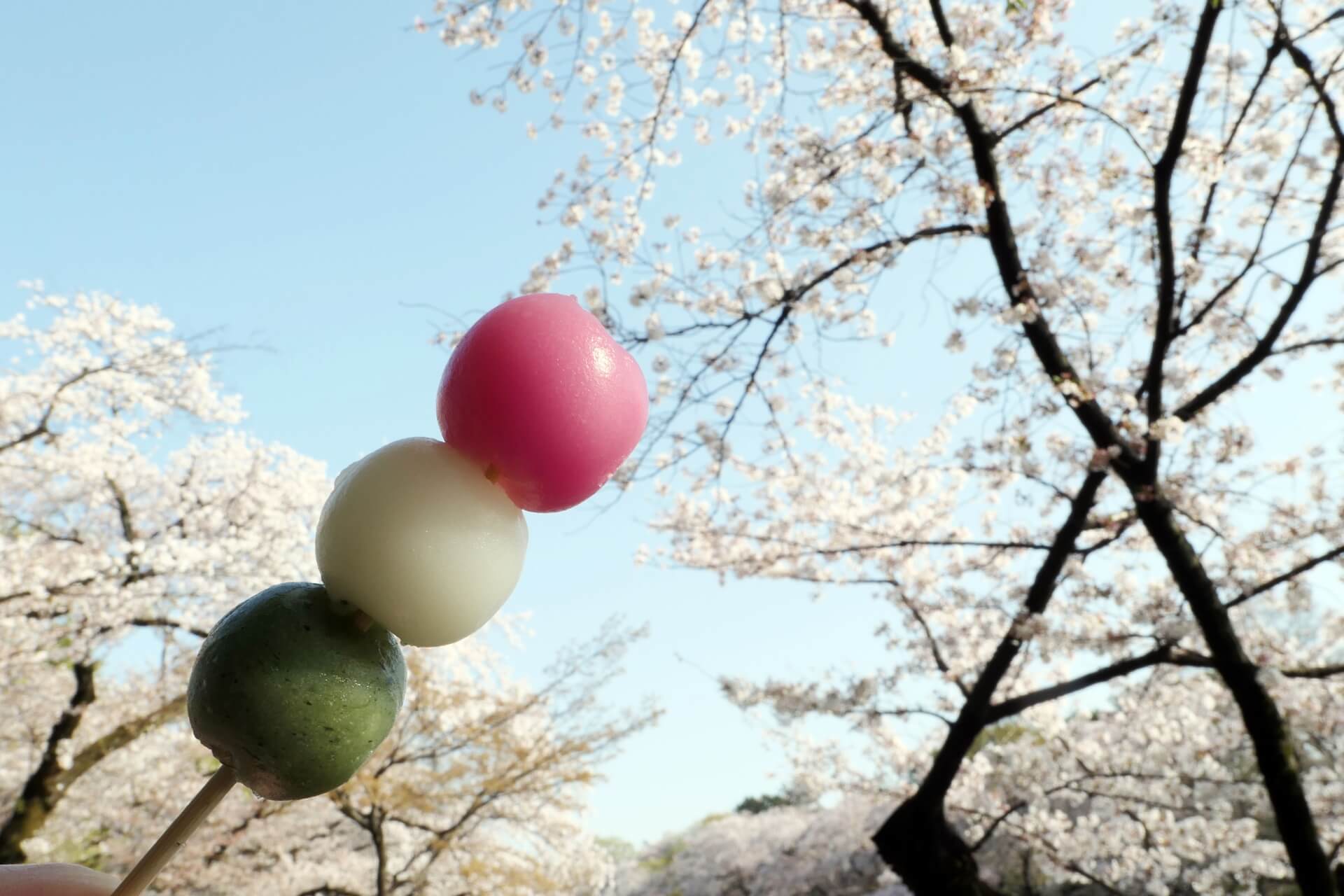It’s quite likely that you have heard the phrase, “fall down 7 times, get up 8”. But did you know that it originated as a Japanese saying? Nana korobi yaoki (七転び八起き), which translates to “7 falls, 8 rises” is a very well-known kotowaza (ことわざ), or proverb. Here is our list of 10 more famous Japanese proverbs.
YouTube Video: 10 Japanese Proverbs explained
-
猿も木から落ちる
Romaji: Saru mo ki kara ochiru.
Translation: Even monkeys fall from trees.
Meaning: Everyone makes mistakes. Monkeys are very good at climbing trees, but even they mess up sometimes. Nobody’s perfect.
Example: If someone makes a mistake, then that’s okay. Even the best fall down sometimes. Even monkeys fall from trees.
-
蓼食う虫も好き好き
Romaji: Tade kuu mushi mo suki zuki.
Translation: There are even bugs that eat knotweed.
Meaning: Everyone has their own likes/tastes. Knotweed is an invasive species of plant that is quite bitter. But there are even bugs that love to eat this plant. One man’s trash is another man’s treasure. To each their own.
Example: No matter how strange tasting/looking something is, there’s bound to be someone out there who loves it. After all, there are even bugs that eat knotweed.
-
蛙の子は蛙
Romaji: Kaeru no ko wa kaeru.
Translation: Child of a frog is a frog.
Meaning: Like father, like son.
Example: It’s no surprise that the famous singer Enrique Iglesias’s father was also a singer too. The child of a frog is a frog!
-
覆水盆に返らず
Romaji: Fukusui bon ni kaerazu.
Translation: Spilt water will not return to the tray.
Meaning: Don’t cry over spilt milk.
Example: Don’t be sad about things that have already happened, because you can’t go back in time and change it. What’s done is done. Spilt water will not return to the tray.
Note: “Ato no matsuri” (後の祭り) is another proverb with a very similar meaning to this one. The literal meaning is “after the festival” but it’s used to say that things are already over, so if you wanted to change it, you should’ve done something sooner!
-
知らぬが仏
Romaji: Shiranu ga hotoke.
Translation: Not knowing is Buddha.
Meaning: Ignorance is bliss. Buddha was a very zen, peaceful person. So being in the state of ignorance is similar to Buddha’s eternal, blissful peace of mind.
Example: Sometimes there are some truths that are better left unsaid. Ignorance is bliss, therefore not knowing something is like being a peaceful Buddha.
-
猫に小判
Romaji: Neko ni koban.
Translation: Gold coins to a cat.
Meaning: A gift to someone who can’t appreciate it. Koban is the word for the small gold coins that were old Japanese money. They are, of course, valuable to people, but not to cats! If you gave the coins to a cat, that gift would be worthless, for a cat has no concept of money.
Example: Don’t spend a fortune on a gift that won’t be appreciated by the recipient. Don’t waste good things on people who won’t appreciate them. That’s like giving gold coins to a cat.
Note: “Pearls before swine” has the exact same meaning, and is also commonly said in Japanese. Buta ni shinju (豚に真珠) means “pearls to pigs” and is the Japanese version of “pearls before swine”.
-
井の中の蛙 大海を知らず
Romaji: Ino naka no kawazu taikai o shirazu.
Translation: A frog in a well does not know the great sea.
Meaning: People make judgments based on their own limited experiences, with no knowledge of the world outside of those experiences.
Example: Go out into the world, explore it, and experience it! People who are isolated in their own little worlds can never understand the vastness of this Earth and everything it has to offer. A frog in a well does not know the big ocean.
-
二兎を追う者は一兎をも得ず
Romaji: Nito o oumono wa itto o mo ezu.
Translation: One who chases after 2 rabbits will not even catch one.
Meaning: If you try to do two things at once, you will fail at both.
Example: Focus on one thing at a time, for a person who divides their attention won’t succeed in what they do. After all, one who chases after 2 rabbits will not even catch one.
-
花より団子
Romaji: Hana yori dango.
Translation: Dumplings over flowers.
Meaning: Preferring substance over style. Someone who prefers a gift of dumplings as opposed to flowers puts needs over wants.
Example: Asking for a useful gift instead of something merely attractive is like choosing dumplings over flowers. They choose practicality over prettiness.
-
虎穴に入らずんば虎子を得ず
Romaji: Koketsu ni hairazunba koji o ezu.
Translation: If you do not enter the tiger’s cave, you will not catch its cub.
Meaning: No risk, no reward.
Example: If you don’t try, you won’t succeed. You have to go for it in order to get it!
🇯🇵Love Japan?🇯🇵
Join Us for Speak Japanese Every Day Online Course! 5-day free trial. 🙂
Learn from basic (zero knowledge) to JLPT N5 Level.
How about making Hanko? Very unique gift

For daily posts about Japanese language and culture, please follow our Facebook page here.












